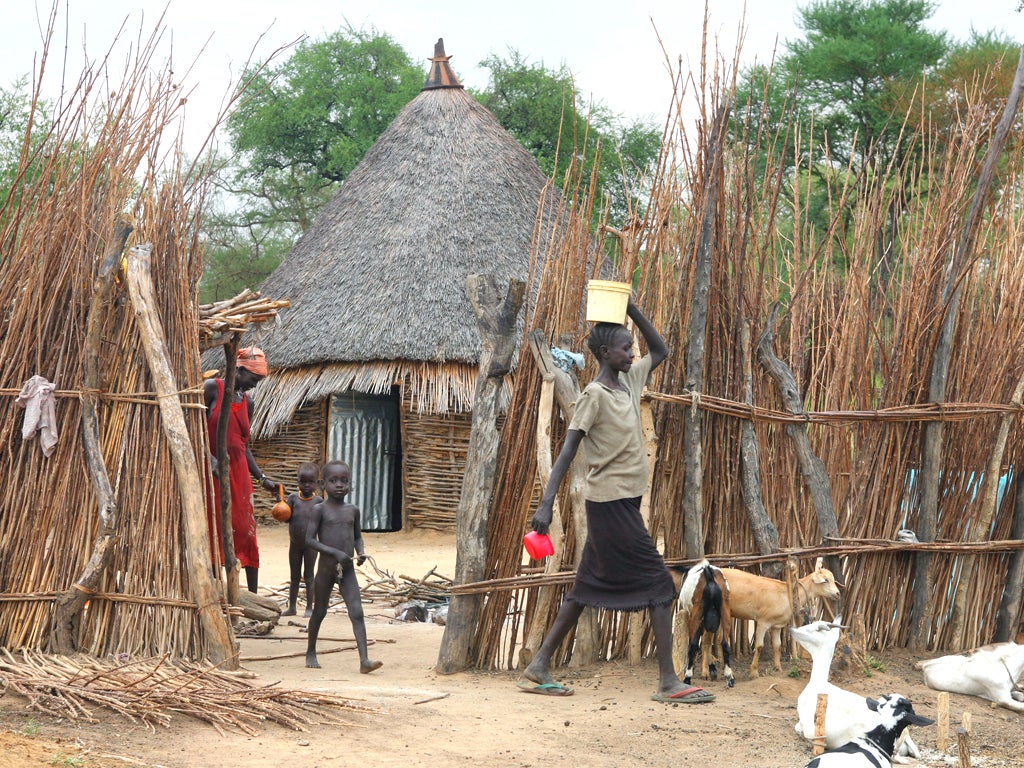Ethiopia 'forcing out thousands in land grab'

Your support helps us to tell the story
From reproductive rights to climate change to Big Tech, The Independent is on the ground when the story is developing. Whether it's investigating the financials of Elon Musk's pro-Trump PAC or producing our latest documentary, 'The A Word', which shines a light on the American women fighting for reproductive rights, we know how important it is to parse out the facts from the messaging.
At such a critical moment in US history, we need reporters on the ground. Your donation allows us to keep sending journalists to speak to both sides of the story.
The Independent is trusted by Americans across the entire political spectrum. And unlike many other quality news outlets, we choose not to lock Americans out of our reporting and analysis with paywalls. We believe quality journalism should be available to everyone, paid for by those who can afford it.
Your support makes all the difference.Ethiopia is forcing tens of thousands of people off their land so it can lease it to foreign investors, leaving former landowners destitute and in some cases starving, Human Rights Watch has said.
The country has already leased three million hectares – an area just smaller than Belgium – to foreign farm businesses, and the US rights group said Addis Ababa had plans to lease another 2.1 million hectares. The United Nations has voiced concern that countries such as China and Gulf Arab states are buying swathes of land in Africa and Asia to secure their own food supplies, often at the expense of local people.
Human Rights Watch said 1.5 million Ethiopians would eventually be forced from their land and highlighted what it said was the latest case of forced relocation in its report, Ethiopia: Forced Relocations Bring Hunger, Hardship. "The Ethiopian government under its 'villagisation' programme is forcibly relocating approximately 70,000 indigenous people from the western Gambella region to new villages that lack adequate food, farmland, healthcare and educational facilities," it said. "The first round of forced relocations occurred at the worst possible time of year – the beginning of the harvest. Government failure to provide food assistance for relocated people has caused endemic hunger and cases of starvation."
Government officials deny the charge and say the affected plots of land are largely uninhabited and under-used, while it has also launched a programme to settle people in more fertile areas.
"Human Rights Watch has wrongly alleged the villagisation programme to be unpopular and problematic," said a government spokesman. "There is no evidence to back the claim. This programme is taking place with the full preparation and participation of regional authorities, the government and residents."
Ethiopia says its intention in leasing large chunks of land is technology transfer and to boost production.
Join our commenting forum
Join thought-provoking conversations, follow other Independent readers and see their replies
Comments